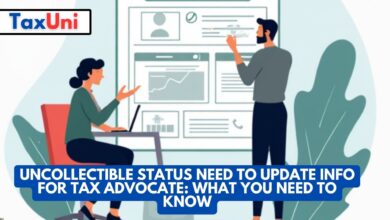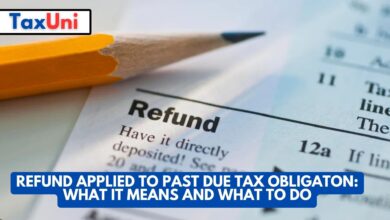Understanding Ohio’s School District Income Tax: A Guide for Non-Residents
In this article, we will explore the Ohio school district income tax, clarify the responsibilities of non-residents regarding filing and payment, and discuss the importance of understanding your residency status in relation to school district taxes.

Contents
Navigating tax obligations can be particularly challenging for individuals living and working in different jurisdictions. In Ohio, the school district income tax (SDIT) is a local tax that is levied on residents of certain school districts. However, non-residents—those who work in a taxing school district but do not reside there—are generally not subject to this tax. Understanding the implications of this distinction is crucial for ensuring compliance and avoiding unnecessary tax liabilities. The Ohio school district income tax is a local income tax that funds public education within specific school districts. This tax is separate from state and federal income taxes and is imposed only on residents of districts that have enacted this tax through voter approval. As of January 2024, there are 212 school districts in Ohio that impose an income tax.
Types of School District Income Tax
Ohio has two primary bases for school district income taxation:
- Traditional Tax Base: This base includes modified adjusted gross income (MAGI), allowing for certain exemptions.
- Earned Income Only Tax Base: This base applies solely to wages, salaries, and self-employment income, excluding other types of income like interest or dividends.
Residents of a taxing school district must file Form SD 100 to report their income and pay any applicable taxes.
Non-Residents and School District Income Tax
Who Qualifies as a Non-Resident?
A non-resident is defined as an individual who works within a taxing school district but does not maintain their primary residence in that district. According to Ohio law:
- Non-residents are not subject to the school district income tax, regardless of where they earn their income.
- If you live outside a taxing district but work within it, you are exempt from paying the SDIT.
This exemption is crucial for individuals who may be employed in a different district than where they reside, as it prevents them from being taxed twice—once by their residential district and again by their workplace district.
Filing Requirements for Non-Residents
While non-residents are exempt from paying the school district income tax, they may still have filing obligations under certain circumstances:
- If your employer mistakenly withholds school district taxes from your paycheck, you may need to file a return to reclaim those funds.
- Non-residents should ensure that their employers are aware of their residency status to prevent erroneous withholding.
It is advisable for non-residents to check their pay stubs for any deductions labeled as school district taxes (such as SD7202 or similar codes). If such deductions are present without proper justification, employees should address this with their employer or contact the Ohio Department of Taxation.

Implications of Not Filing
Even though non-residents are not liable for the school district income tax, failing to file a return when required can lead to complications:
- Delinquency Notices: The Ohio Department of Taxation may issue notices for non-filing even if no taxes are owed. To avoid confusion and potential penalties, it’s recommended that individuals file returns even if they believe they owe nothing.
- Reclaimed Withholdings: If you have had taxes withheld incorrectly, filing a return allows you to reclaim those amounts through a refund process.
- Avoiding Future Issues: Proper filing can help maintain good standing with the Department of Taxation and prevent future complications related to residency status or tax obligations.
Conclusion
Understanding the nuances of Ohio’s school district income tax is essential for both residents and non-residents alike. Non-residents who work in taxing districts are not subject to the SDIT; however, they must ensure that their employer accurately reflects their residency status to avoid unnecessary withholding. Filing requirements may still apply if incorrect withholdings occur. By staying informed about your tax obligations and rights as a non-resident, you can navigate Ohio’s tax landscape more effectively and avoid potential pitfalls.
For more detailed information about your specific situation regarding Ohio’s school district income tax, consider visiting the Ohio Department of Taxation website or consulting with a tax professional.





